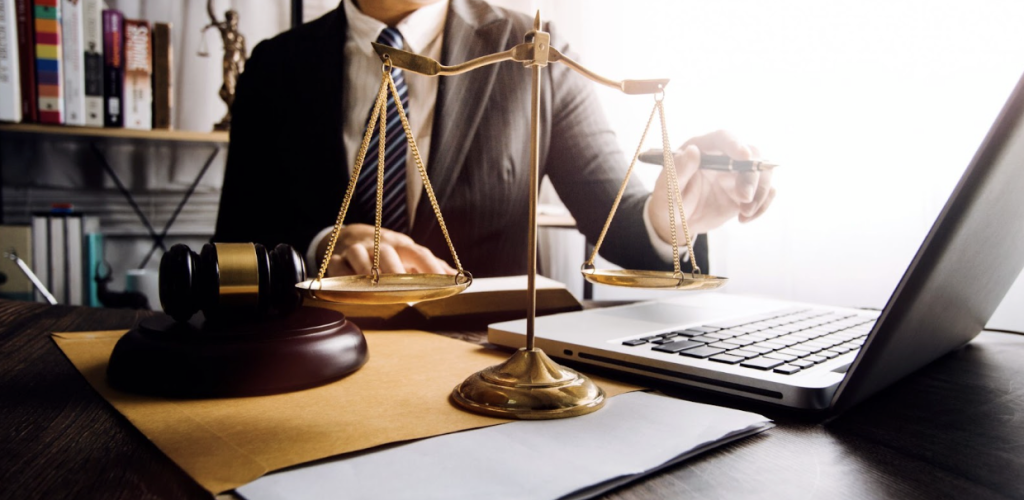As the top homicide defense lawyers in Tampa, the team at The Rickman Law Firm has a thorough understanding of proceedings in homicide cases, as well as factors that can potentially influence the outcome of the case. Following suit, they also know what to look forward to when determining evidence to challenge in court.
1. Eyewitness Testimony
Witnesses are sometimes called to share what they saw at the scene. However, eyewitness accounts can be unreliable due to stress, poor lighting or visual obstructions, or even memory errors.
Your lawyer will look closely at witness statements to find inconsistencies or factors that may have affected the witness’s ability to clearly see or remember the incident. If any doubts arise about the accuracy of a witness’s account, this testimony might be challenged in court.
2. Forensic Evidence
Forensic evidence like DNA, fingerprints, or ballistics is often used in homicide cases. However, mistakes in collecting or analyzing this evidence can happen.
Your defense lawyer can investigate whether proper procedures were followed when this evidence was gathered and tested. If the evidence was mishandled, contaminated, or incorrectly analyzed, it could potentially be contested.
3. Video and Audio Recordings
Recordings from security cameras or phones can provide important evidence, but they’re not always foolproof.
Your Tampa homicide defense attorney with The Rickman Law Firm may question whether the recordings are complete, whether they were handled correctly, and whether they truly show what they’re meant to. Sometimes, only part of an incident is captured, which can give a misleading context of the event in question.
4. Confessions and Statements to Police
A confession or statement to the police can be powerful evidence, but it must be obtained fairly.
One of the first things your homicide defense lawyer in Tampa may choose to do is make sure the police followed all legal requirements, such as informing the defendant of their rights per their Miranda Rights. If a confession was forced or obtained illegally, it might not be allowed in court.
5. Physical Evidence from the Scene
Physical evidence, like weapons, clothing, or other items found at the scene, needs to be carefully handled. Your lawyer may look into how this evidence was documented, stored, and transported to ensure it wasn’t tampered with or contaminated. If proper procedures weren’t followed, the evidence might be challenged.
6. Expert Testimony
Experts are sometimes called to share opinions on complex evidence, like forensic findings or mental health evaluations. However, your defense attorney can question an expert’s qualifications or the methods they used to reach their conclusions. If the expert’s approach isn’t reliable, their testimony may be excluded.
7. Digital Evidence from Phones and Computers
Text messages, social media posts, or other digital information can be important evidence in homicide cases. However, all digital evidence must be collected and handled carefully. Your defense lawyer may challenge this evidence if it was obtained through an illegal search, and it may be thrown out.
Why Challenging Evidence Matters
An experienced defense lawyer can make a significant difference in your case by challenging weak or improperly handled evidence while working toward the most favorable outcome possible.
If you are facing a homicide charge, the first step to take is to speak with a leading Tampa homicide defense attorney. For a free case consultation, contact our office at (813) 370-1185 or fill out a consultation form.
Disclaimer: The information contained in this article is for general educational information only. This information does not constitute legal advice, is not intended to constitute legal advice, nor should it be relied upon as legal advice for your specific factual pattern or situation.
